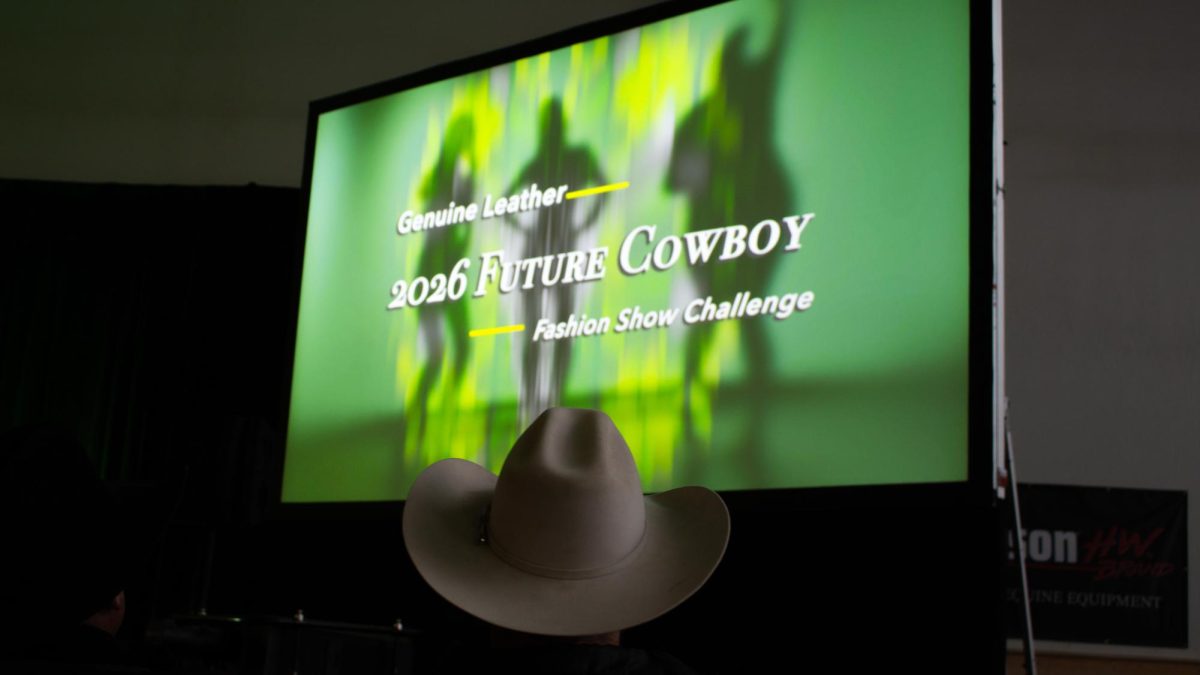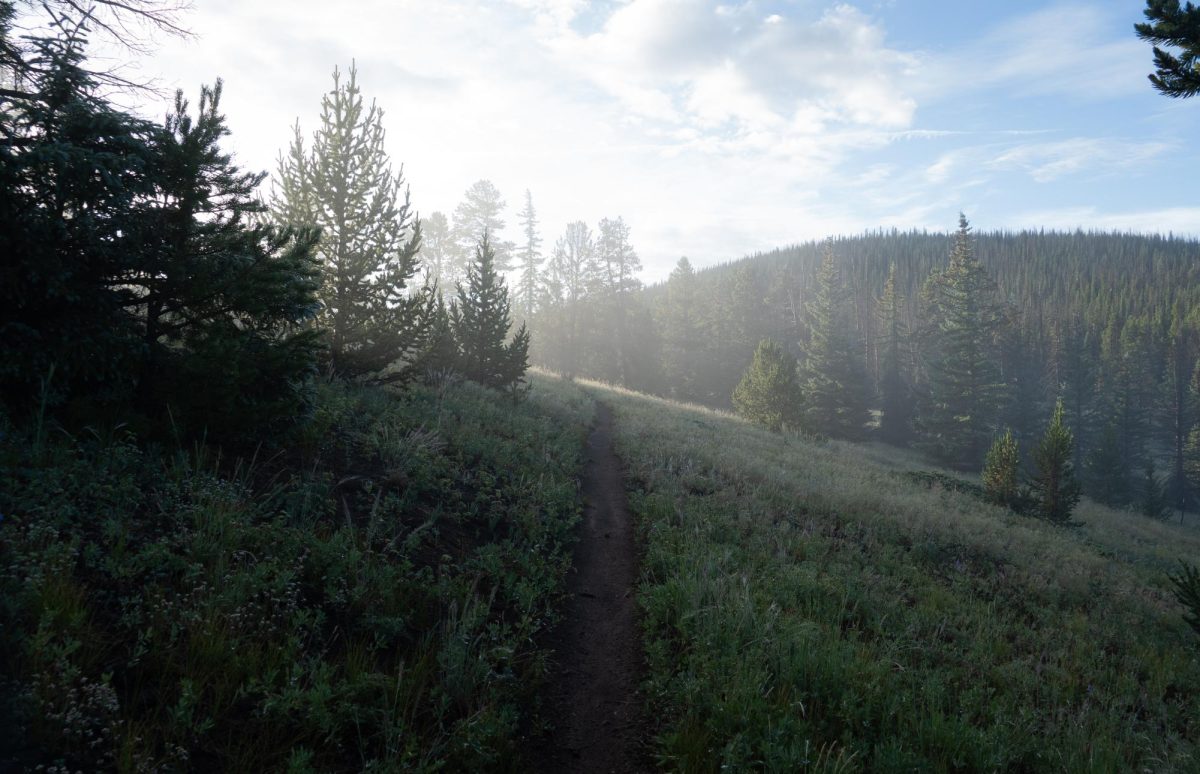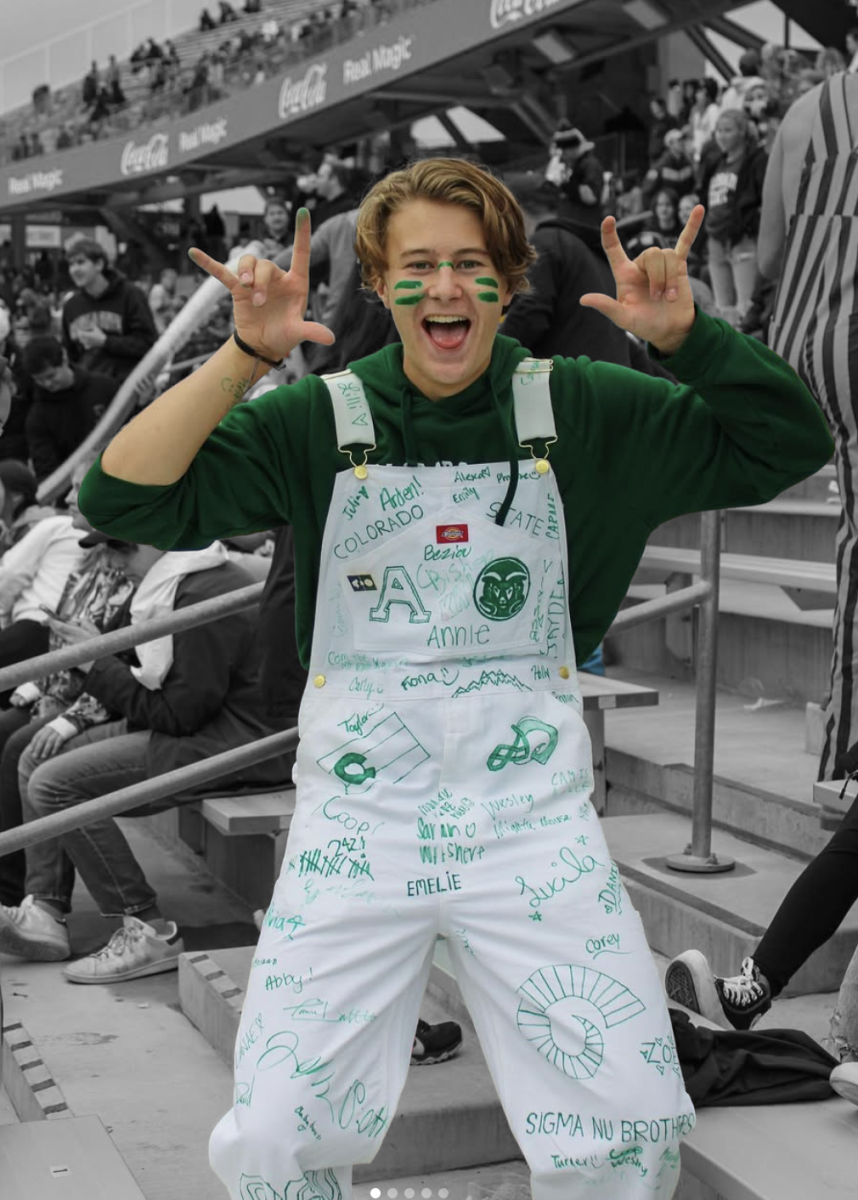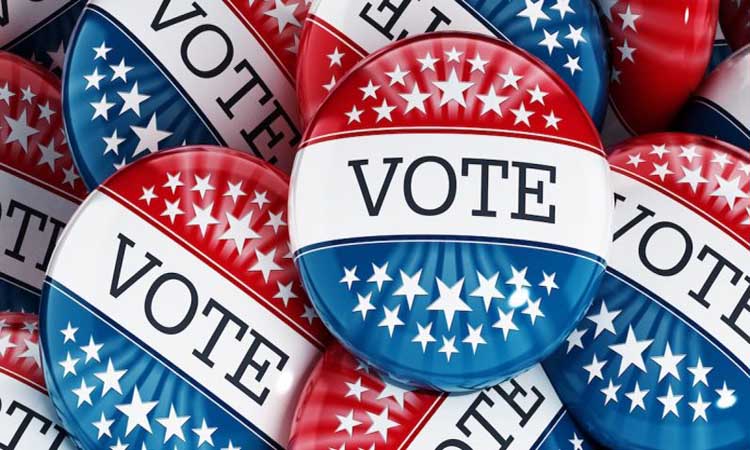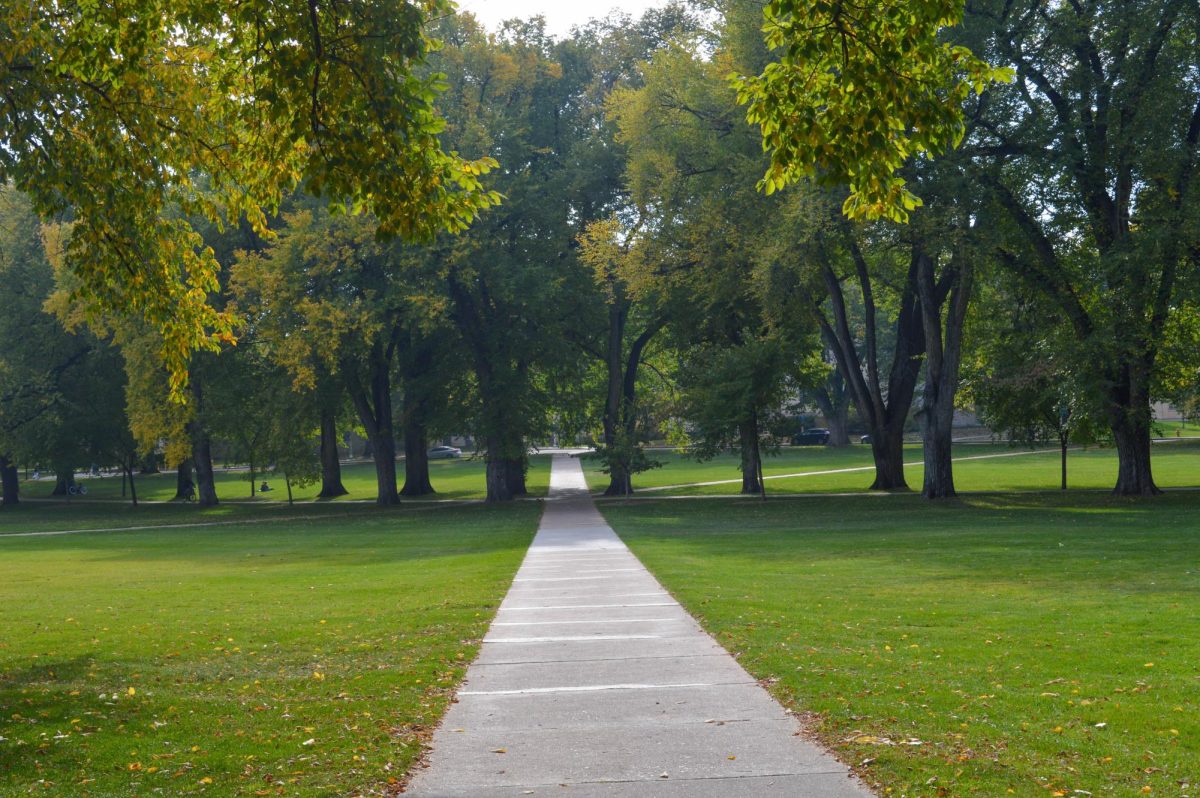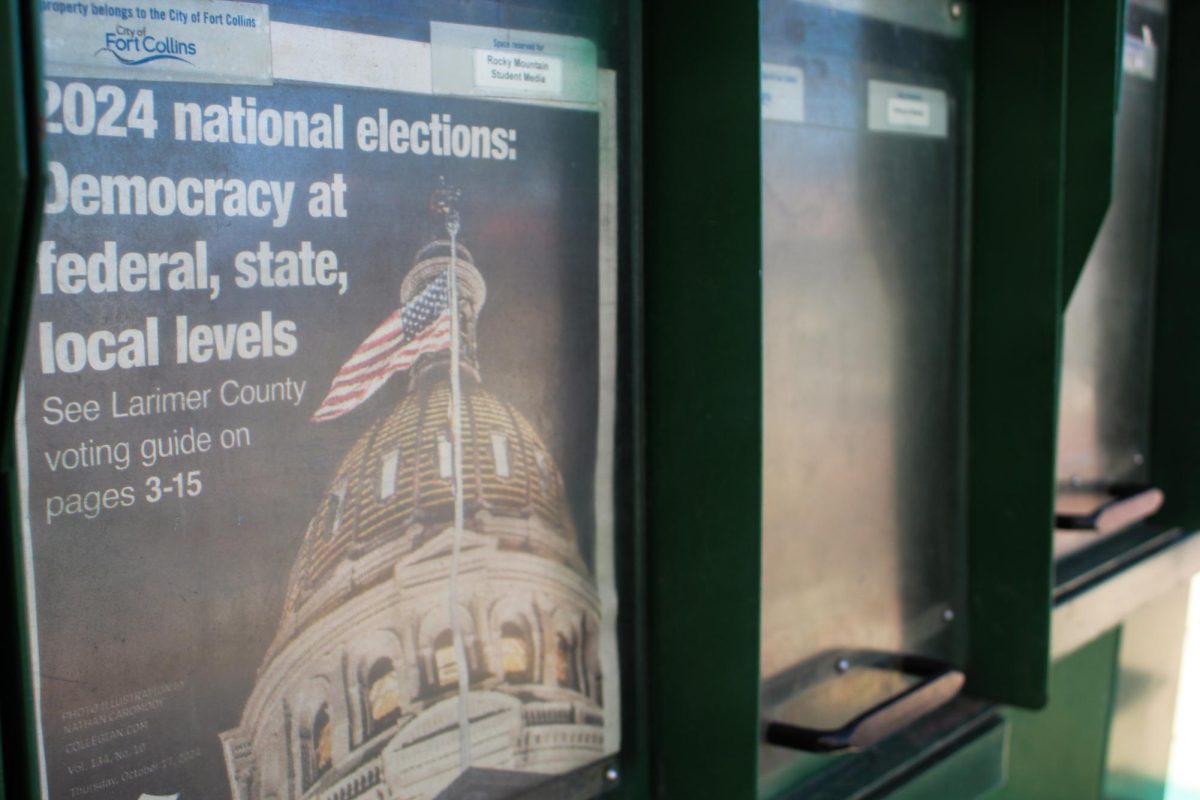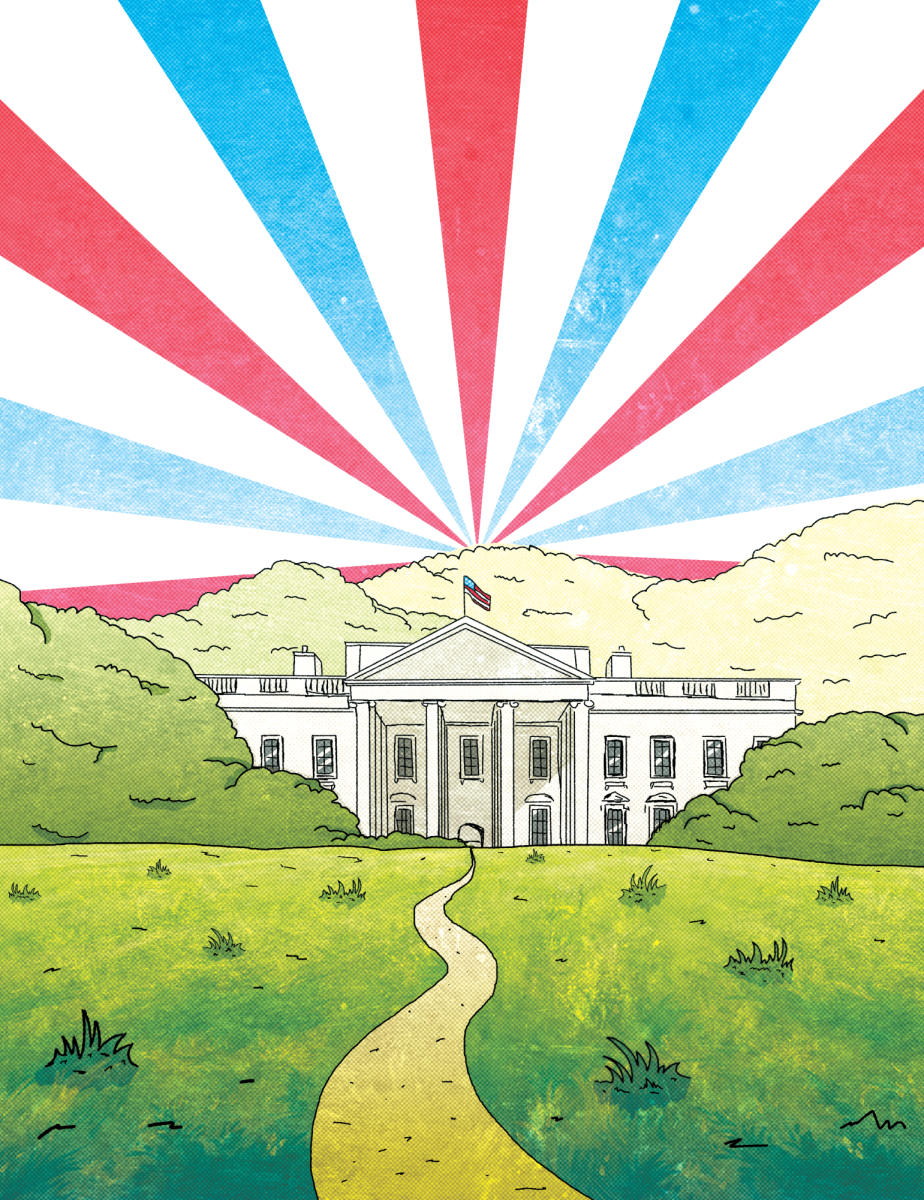Voting is one of the most fundamental practices in a democracy that ensures citizens have a representative government. However, the lines have become blurred when comparing our government to a representative government, due to increased polarization throughout the electorate and negative partisanship in government.
Regardless of this fact, voting stands as the most influential way that voices and beliefs have any chance of being represented in government. The effects of voting are being questioned because of concerns regarding election integrity. The fairness of elections is an uphill battle that comes along with maintaining any democracy, but why has it seemingly taken a new omnipresent form?
What does this growing lack of trust in our government’s ability to represent us and to conduct fair elections mean for America’s democracy moving forward?
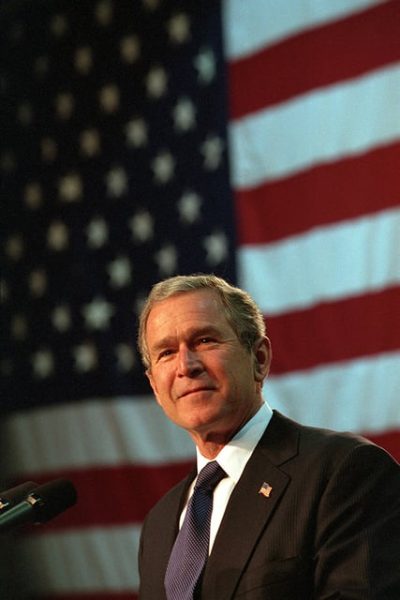
There’s been discourse on why the Electoral College exists and if it’s even democratic since the founding of our federal election process. It uniquely stands in between voters and the results of a presidential election. According to NPR, the Electoral College came the closest it’s ever come to being abolished back in 1969 until the movement was eradicated once passed to the Senate.
The Electoral College at first glance may seem pointless, but the country’s founders thought otherwise. Their fear of the tyranny of the majority fueled the creation of the Electoral College. It ensured that rural states with lesser populations had the same ability to be represented as urban states.
Individual votes in a federal election, when joined together with like-minded voters, can have monumental impacts on big-scale federal elections.
According to National Geographic, “In 2000, Al Gore narrowly lost the Electoral College vote to George W. Bush. The election came down to a recount in Florida, where Bush had won the popular vote by such a small margin that it triggered an automatic recount…” This recount and Bush’s presidency came down to 537 votes.
So yes, your vote contributes to the outcome of elections, and it really contributes to the outcome at a state and local level. According to National Geographic, “A Portland State University study found that fewer than 15 percent of eligible voters were turning out to vote for mayors, council members, and other local offices. Low turnout means that important local issues are determined by a limited group of voters, making a single vote even more statistically meaningful.”
Matthew Hitt, an assistant professor in the political science department at Colorado State University, spoke to how voting goes hand in hand with representation, “Elected officials have a much stronger incentive to be responsive to the constituencies that are participating in the political process, as opposed to those who are not,” Hitt said.
Voting is a democratic right that is taken for granted all too often, “People have fought, people have died, people have protested trying to create and then expand and enhance and make more just this right to vote, and it’s a project we’re very much still working on, ” Hitt said.
Although voter fraud misinformation has left an ugly stain on the fabric of our electoral process, misinformation has been spread widely throughout social media, but more concerningly being spread by elected officials.
According to BBC, “Just this week, Trump himself claimed widespread fraud in a key swing state.“Pennsylvania is cheating, and getting caught, at large scale levels rarely seen before,” Trump posted on his Truth Social network. “REPORT CHEATING TO AUTHORITIES. Law Enforcement must act, NOW!” This is just one case of many misinformation spills throughout the lead-up to the 2024 presidential election.
Yes, voter fraud has occurred, but rarely, “There’s just not a strong incentive for people to engage in individual-level voter fraud- the punishments are significant and the benefit is tiny,” Hitt said.
Hitt explained that the Trump campaign filed dozens of lawsuits claiming voter fraud with no evidence to prove it after the 2020 election results were announced. “Sometimes political actors will cast doubt on the legitimacy of election results for political purposes, but in a court of law, an attorney will lose their license if they make claims that they cannot support with evidence,” .Hitt said.
However, the judicial system exists for cases like these. If you believe there is a case of voter fraud, you have the right to collect evidence and present it in a court of law.
Kyle Saunders, a Political Science professor who focuses on political parties and elections at CSU believes that the spread of voter fraud misinformation can have consequential effects on democracy. “When elites call into question the credibility of an outcome, it has an effect on the electorate, especially if you’re on the losing side of an election,” Saunders said. Questions such as these make the peaceful transition of power more difficult, not only among the electorate but in the government.
“When democracy works, the losers of elections support the outcomes,” Saunders said.
When asked what the future holds for American democracy, Professor Saunders and Hitt both agreed that we are in unique political times, “I remain hopeful and do believe that our institutions are able to withstand the challenges we face today, with that being said we have to do a better job- not just with election integrity, but all these various pieces,” Saunders said.
“The future of American democracy is up to us, there is no secret backroom of people who are going to keep this thing running for us- that’s both liberating, but also scary. If you have a ballot, you are one of the grown-ups in the room,” Hitt said.
Finding common humanity in those who are across the aisle at the local level is a good step in the right direction, at CSU this is possible through the Center for Public Deliberation and can be seen through multiple departments at the university such as the Department of Journalism and Media Communications.
Jenny Fischer, a journalism professor at CSU and the co-leader of the Northern Colorado Deliberative Journalism Project delves into what the DJP is all about, “It’s a unique partnership between a handful of different academic units here on campus. The partnership grew to include local media outlets and nonprofits to improve the quality of local journalism and to have more discourse on a community level,” Fischer said.
The DJP’s mission highlights the foundations of what makes a republic work such as American democracy; open discourse, and an informed electorate. When Benjamin Franklin walked out of the Constitutional Convention in 1787 a woman asked him “So Doctor, what do we have- a republic or a monarchy?”
Franklin’s response, “A republic if you can keep it.”

